radio
Fish forensics, 11/11/2011: The World
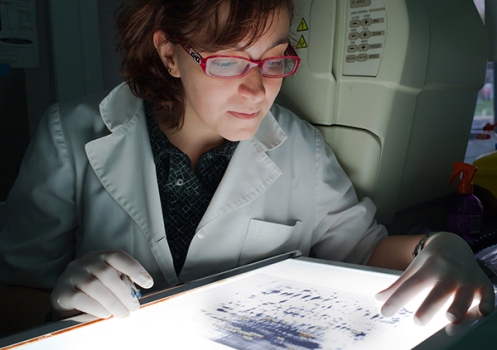
Scientists have been using DNA techniques for some time to help protect endangered species of fish. But now they’re tackling a more complex problem – how to protect endangered populations of fish. Here’s a slideshow that I produced to accompany the radio piece:
A leafy green sea slug, 10/29/2011: Living on Earth
Sometimes you stumble upon an animal that’s just plain bizarre…so strange that it stretches our idea of what you even mean by the word “animal.”
This story is part of the audio series One Species at a Time.
Used lab equipment finds a second home overseas, 10/26/2011: NPR’s All Things Considered
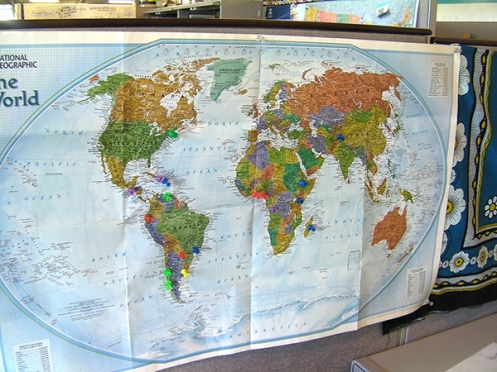
Science is expensive. Labs in the U.S. can spend millions of dollars each year on equipment and supplies. But for scientists in the developing world, these costs are often prohibitive. And that’s where a clever idea has made all the difference.
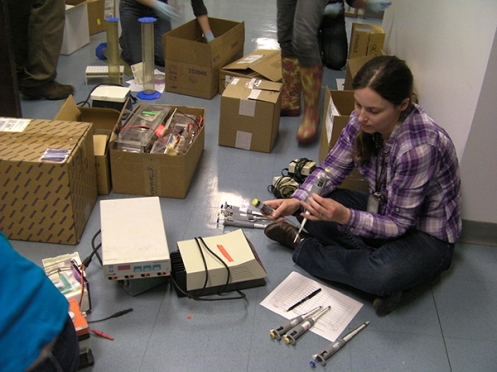
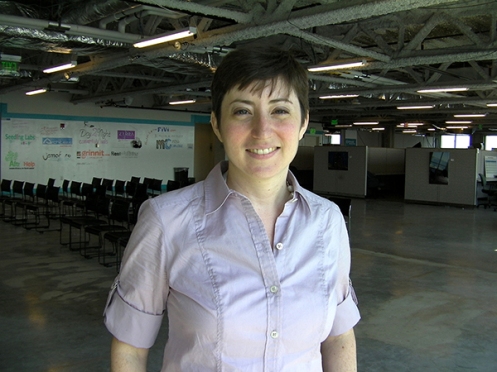
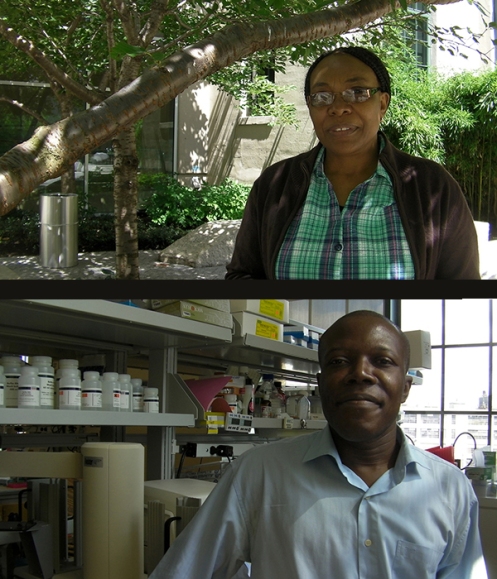
Occupy Sukkot, 10/16/2011: NPR’s Weekend Edition Sunday

Huge crowds marched this weekend against a number of social concerns gripping the country. Health care. Corporate greed. Unemployment. Solidarity marches linked to the Occupy Wall Street movement took to the streets from New York to San Francisco. But in Boston, protesters were supported by a different kind of observance…
Special thanks to Laura Evonne Steinman for this story idea.
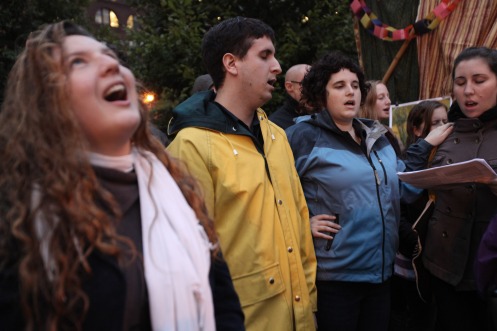
The tangled web of Montana spiders, 10/1/2011: Living on Earth
In E.B. White’s classic children’s book, Charlotte the barnyard spider saves Wilbur the pig from becoming roast pork for Christmas dinner. She does it by weaving a web with words designed to discourage the farmer intent on his feast. It turns out there are spiders in Montana spelling out a very different kind of message. And to see it, you just have to look closely.
This story is part of the audio series One Species at a Time.
Fossils help rev hard-hit Newfoundland fishing area, 10/4/2011: NPR’s All Things Considered
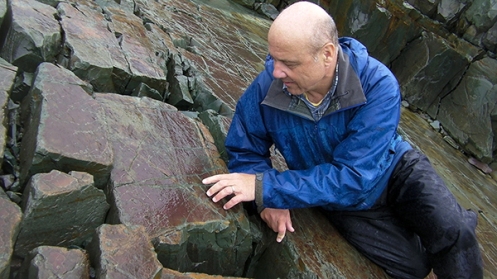
Sometimes the solution to a new problem is right in front of you — or, in the case of one community in Newfoundland, right under their feet.
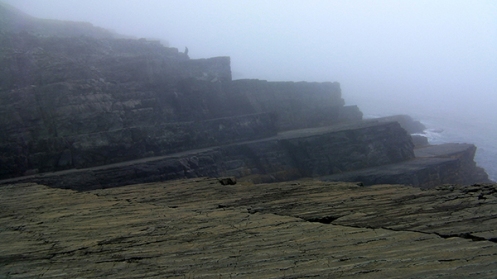
Spain’s solar push, 8/9/2011: NPR’s Morning Edition
Spain has invested heavily in recent years in green jobs, specifically in the solar sector. It’s something that other countries have considered as a possible antidote to high unemployment. But Spain offers a cautionary tale on how to execute what sounds like a bright idea.
Leaving the fold, 8/8/2011: NPR’s All Things Considered
New York City receives immigrants from all over the world, including … New York City itself.
A handful of young ultra-Orthodox Jews are struggling to leave their neighborhoods in Brooklyn to take up less religious or even non-religious lifestyles in other parts of the city. This is the story of one young man who fought to leave behind the only world he knew.
Of bonds and blooms, 7/27/2011: WLRN’s Under the Sun
For a lot of people in Florida, the beaches are so intricately intertwined in their lives. The ocean is an importune part of our economy and brings us so much happiness. But it does turn on us from time to time — hurricanes, flooding. And then there’s this tiny menace that wreaks havoc on our coastline. It kills marine animals, contaminates shellfish, and makes it hard to breathe.

Evolution in action, 7/15/2011: Living on Earth
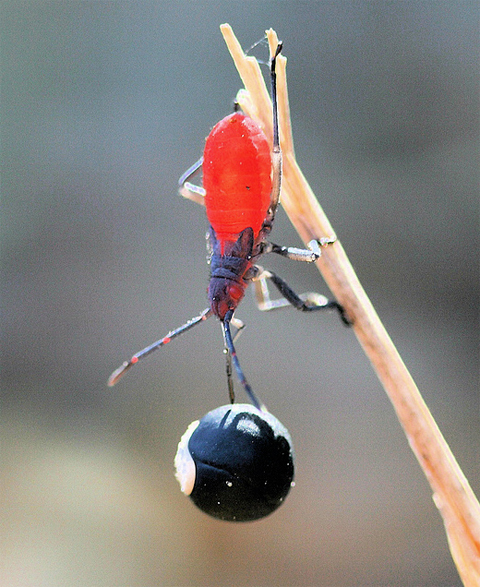
A snazzy red-and-black insect called the red-shouldered soapberry bug is being studied at American University in Washington, DC. These tiny insects are speedy, in more ways than one. This story comes from the series One Species at a Time, and it aired on Living on Earth.
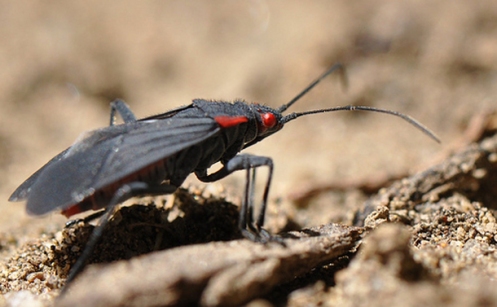
Choosing to save chamois, 6/10/2011: Living on Earth
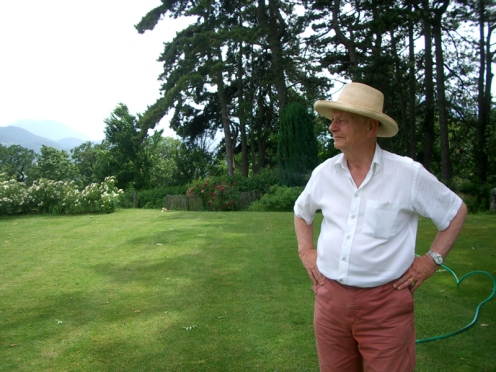
On a trip to southeast France last year, I met an elderly couple. They welcomed me into their home where I enjoyed a meal and spent the night. The next day the old man told me about an experience that had forever changed his life. And here I share it with you.
This story comes from the series One Species at a Time.

God’s Pocket, 4/20/2011: The World
This story aired on The World’s Geo Quiz segment where they ask listeners to guess a particular location on the planet.
Here’s the clue: “We’re looking for the name of a large island in the Pacific northwest. The Queen Charlotte Strait separates this 300-mile long island from mainland British Columbia. At the northern end of the island is God’s Pocket Marine Provincial Park. Scuba divers flock there as the cold-water diving season gets underway.”
And here’s the story:
What’s bugging me?, 4/19/2011: NPR’s All Things Considered
This story is about the little things that make all the big trouble in our lives, and how we can find human connection in the most unexpected of places.
We like lichen, 3/12/2011: Living on Earth
Lichens are all around us – they grow on rocks, trees, fences. They are intricate bacterial communities — worlds within worlds. But they’re not faring so well as our climate changes.
Making science cool in Japan, 2/24/2011: The World
Japan fears it may lose its edge in technology as fewer and fewer young people pursue careers in science and engineering. Some Japanese educators are trying to reverse this trend by making science “cool” again. In addition to reporting the story, I also produced an audio slideshow about Yokohama Science Frontier High School:
The poetry of the ocean, 2/12/2011: Living on Earth
Living on Earth aired a story that originally appeared on the Ocean Gazing podcast. Their lead:
The language of the scientist is factual,
The words of the poet metaphorical,
But let’s not be so strictly categorical —
For rhyme and reason fused can be formidable.
From ocean waves to radio waves, 2/8/2011: NHPR’s Word of Mouth
I join guest host Elaine Grant to discuss how coral reefs and clams may offer some clues to the past life of the ocean… and their fate in the future.
Clams in a jam, 1/28/2011: WHRV
Surf clamming has always been a hard business. But recently it’s gotten even harder, and the fishermen are bearing the brunt of the impact. This episode of Ocean Gazing was repurposed for public radio station WHRV 89.5 FM in Virginia.
In their 90s, working for more than just a paycheck, 11/1/2010: NPR’s Morning Edition
Increasingly more Americans are working past the age of 65. At Vita Needle Co. in Needham, Mass., nearly half of the employees are senior citizens, some working in the factory even into their 90s. For the seniors, work gives them a sense of purpose. For the company, hiring seniors is good business.
The last of the Highland tigers, 10/27/2010: PRI’s The World
The Scottish wildcat is an icon of the Highlands, on par with the bagpipes, the kilt and Braveheart. But very few of these endangered animals remain. This is a story about the last of the wildcats prowling the Highlands.
And I made a short audio slideshow about the wildcat’s cultural legacy in the Highlands:
Wild Talk, 10/20/2010: Radio Lab
The African jungle is dark and it’s thick with life and moisture. It’s also ferociously loud. But buried inside that din…are little monkey messages. This is a story about a scientist who listens for meaning in the jungle cacophony.
An Aquarium, 9/11/2010: Studio 360
Jeffrey Yang spends a lot of time studying marine life. But he’s not a biologist working on the beach. He’s a poet who loves visiting his local aquarium. In his book, An Aquarium, killer whales, eels, and fish are symbols of politics and mythology.
Jurassic guts, 9/1/2010: PRI’s The World
Insects trapped in amber have long provided a window on the prehistoric world. Now scientists in France are using a particle accelerator called a Synchrotron to scan opaque amber and create 3-D models of these insects in exquisite detail. But not just that. The Synchrotron’s also letting us look inside these insects to see what they ate millions of years ago.
And check out this video I made to accompany the radio piece:
Your teddy bear’s got a past life. Find out what it is, 8/31/2010: PRI’s The World
Many of the things we buy come fresh out of the box, new and glistening. But get something second-hand, and that object has lived out at least one life with somebody else before you even see it. What would it be like to get a glimpse of that other life?
Find out in this piece.
Here are a few of the items featured in the story:
Saving Lebanon’s legendary cedar trees, 8/17/2010: PRI’s The World
There are efforts afoot to preserve Lebanon’s legendary cedar trees. These cedars have been an important part of life in the region for at least eight thousand years, but they’re vanishing from the landscape.
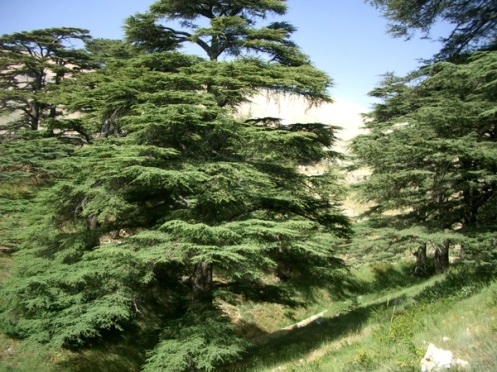
I also produced a short audio slideshow with some photos and extra audio from my reporting of the story. You can watch that right here:
A frog in trouble, 8/16/2010: KQED’s QUEST, a weekly series on northern California’s science and environment
This is the classic environmental story: a species in trouble because of what our species is doing. But there are people tackling these problems, coming up with simple ways of changing our behavior. In this story, I consider the plight of foothill yellow legged frogs.
To see some behind-the-scenes photos and read about my reporting of this story, check out my QUEST blog post here.
A field of green, 8/16/2010: Hawaii Public Radio
The thinnest blanket of life fans out just beneath the ocean’s surface. For Margaret McManus — an associate professor at the University of Hawaii at Manoa –- that blanket means an insatiable curiosity and some very late nights at sea. This story is an excerpt from the full Ocean Gazing episode, when I caught up with her moments before she cast off the west coast of Oahu for a research cruise.
4-leaf clovers everywhere, 8/5/2010: NPR’s Morning Edition
Some people have all the luck. Summer Praetorius, a grad student at Oregon State University, has an unusual ability to find four-leaf clovers.
This piece is an excerpt from one episode in an audio series called One Species at a Time from the Encyclopedia of Life, and produced by Atlantic Public Media.
China: A new force in stem cell field, 8/4/2010: PRI’s The World
Most advances in stem cell science are coming out of the United States and Europe. But one country that’s trying to become a major player in this field is China. And their efforts are starting to get some attention.
Foreclosure scams target Latinos, 7/29/2010: NPR’s All Things Considered
In Boston and elsewhere, the housing crisis has led to fraud targeted at Spanish-speaking communities. When the 3-story house of Angel Blas – a Peruvian man now living in Everett, MA – was in danger of foreclosure, he was approached by a law firm that promised to help out. The law firm charged $3500, but Blas says nothing happened once they got the money. Now Blas is working with Greater Boston Legal Services to get his situation back in order.
SoniCambridge!, 4/29/2010: The Neighborhood on WMBR
If you could understand one thing about how the world works, what would it be? Two radio producers (Emily Corwin and Pien Huang) and I asked school kids what they want to know — and then we took those questions to some of the brightest scientists in Cambridge. Then we reversed the roles where the scientists asked the questions and the kids provided the answers!
This was an event for the Cambridge Science Festival.
Raptor rapture in Beijing, 4/27/2010: The World
Birds of prey – owls, vultures, eagles – still streak the skies over Beijing, China, but their numbers are dwindling. I had a story air on The World about these raptors and the people who care about them.
Higher halal, 3/30/2010: Marketplace
My next piece aired on Marketplace on Tuesday evening! It’s about 2 young business-owners — one Muslim and one Jewish — who are raising the ethical standards of halal and kosher food.
Read about the story on the blog ‘The Jew & the Carrot’, and click here to listen to host Kai Ryssdal explain how this piece elicited “maybe the best listener letter we’ve ever gotten”!
Maple tap dance, 2/15/2010: WBUR
My first piece on WBUR (Boston’s NPR news station) aired last week! You might want to have a couple of waffles on standby.
No mouth and no anus, but still thriving, 2/13/2010: Living on Earth
Tune in this weekend to Living on Earth to hear my next piece about a creature that’s formed a special bond to thrive on the edge of what’s possible.
Voices from the Senate race, 1/19/2010: New York Times
I helped report today for the New York Times for an interactive feature on the state Senate race here in Massachusetts. You can hear the audio clips that I gathered below, or visit the New York Times website to view and listen to the entire feature.
The little sub that could, 12/10/2009: Here and Now
Glide over to Here and Now to hear about a little underwater robot that just made history.
Birdman, 12/5/2009: Studio 360
This piece aired on Studio 360 as part of their series on science and creativity. Have a listen!
Visit Paul Bartlett’s galleries by clicking here.
Twitching for storm petrels, 11/29/2009: NPR’s Weekend Edition Sunday
Every year thousands of storm petrels summer on the remote islands to the north of Scotland. The arduous journey to see the small seabirds demands more than a birdwatcher’s interest — it requires the tenacity of a “twitcher,” someone who travels far to find rare birds. I made that trip, and here’s the resulting radio piece that aired on NPR’s Weekend Edition Sunday.
- Also featured on the Nature Stories Podcast: 17 December 2009
Singapore’s science dreams, 8/27/2009: The World
Singapore’s laying the foundation for a future economy based on science, harvesting young talent from other Asian countries and buying first-class education from American and European universities. This might be a good strategy for Singapore, but for the young scientists forming this new workforce, the situation is a bit more complicated. I traveled to Singapore and filed this story with The World.
Restoring Indonesia’s mangroves, 8/4/2009: The World
Mangroves were once widespread throughout the world’s warm coastal areas, but over the past few decades, they’ve been disappearing. Now there’s growing recognition of their importance, and renewed efforts to restore them. I visited one such project in Indonesia, and filed this report for The World.
Read more about mangrove conservation on the Seacology Island Environment Blog.
A disappearing dolphin, 6/15/2009: The Environment Report
There’s a mystery surrounding one tropical dolphin in Hawaii. It’s called the false killer whale, and people have no clue why their numbers are shrinking. I looked at the case of the disappearing dolphin in this story I filed for The Environment Report.
A tiny glider meets a very large ocean indeed, 6/13/2009: Living on Earth
A Rutgers University team launched an underwater robotic glider called RU27. The glider’s zigzagging under the sea and it’s being piloted by a team of undergrads. This piece aired on Living on Earth during the second weekend in June 2009.
A little glider that just might…, 5/5/2009: Here and Now
An underwater robot called RU27 is crossing the Atlantic Ocean. The Rutgers University project is piloted by undergrads and the robot will phone its ocean adventures back home.
Interviewed on Here & Now: Tues, 5 May 2009
Dancing embryos, 5/2/2009: Studio 360
Biology professor Hazel Sive teaches at MIT. She thinks science could benefit from showing a little more emotion, so she started scoring her classroom presentations with Pink Floyd and The Who. This piece aired on Studio 360 during the first weekend in May 2009.
Elephant seals on Facebook, 3/6/2009: NPR’s All Things Considered
Elephant seals return to the beaches of Año Nuevo State Reserve in California every year to mate, molt and give birth. And recently, researchers have introduced these blubbery giants to the Internet.
Airing on NPR’s All Things Considered.
Become Facebook friends with Penelope Seal by clicking here!
Killer whales, 1/25/2009: NPR’s Weekend Edition Sunday
Here’s a story I worked on with producer Jay Allison. In Jay’s words:
“This piece is an homage to Ari’s former profession — a gentle paean to the passion field biologists feel for their work, and, in this case, for whales. It also confronts the quandary that plagues both journalists and biologists: What if your quarry doesn’t show up? How do you still tell its story?”
It features as a New Show on Transom.org, and will air this Sunday on Weekend Edition!
- Airing on Weekend Edition Sunday: Sunday, 25 January 2009
- Also featured on the Nature Stories Podcast: 19 February 2009
A Shetland postcard, 1/23/2009: Nature Stories Podcast
Journey 80 miles to the north of northern Scotland to the Shetland Islands, and hear native Shetlanders describe their home. The scents, the views, the land, the water. Voices are layered, perspectives are echoed and contrasted, the sea and earth are hallowed.
- Aired on the Nature Stories podcast: Friday, 23 January 2009
Menstruation and the female voice, 12/9/2008: The World
My next radio piece just aired on The World:
Female voices may convey more than thoughts and emotion; they may also reveal when a woman is ovulating.
A recent German study finds that a woman’s voice deepens in pitch at the time she’s most fertile.
- Aired on The World: Tuesday, 9 December 2008
Fatherhood, 11/21/2008: Radio Lab
This is my first piece with Radio Lab! It’s about a young woman and her years-long search for the man whose donated sperm was used in her conception. Her persistence and determination brought her into strangely intimate contact with complete strangers, who had some surprising and unexpected reactions to her sudden appearance in their lives. Produced by Lulu Miller.
- Aired on Radio Lab: Friday, 21 November 2008
Bach on Mars, 11/10/2008: The World
My third piece just aired on “The World,” and it’s out of this world — literally.
Space probes have shown us what other planets look like, but what do they sound like? Two scientists, one from Britain and the other originally from Romania, have explored this question by simulating a Bach organ concert on Mars, Venus, and Saturn’s moon Titan. Reporter Ari Daniel Shapiro has the cacophonous result.
- Aired on The World: Monday, 10 November 2008
Of wrens, 9/4/2008: The World
Listen to my piece on duetting wrens that aired on The World:
The answer to today’s Geo Quiz is the northernmost state in Costa Rica: Guanacaste. Consider new research into the musical ‘call and response’ patterns of birdcalls in Costa Rica’s Santa Rosa National Park.
- Aired on The World: Thursday, 4 September 2008
• Professor Dan Mennill’s homepage
Sonorous stalactites, 8/13/2008: The World
This is the story about Iegor Reznikoff, a 70-year-old French professor whose song soars inside cathedrals and caves. He signs his emails, “Light and joy.” I visited a cave in early July 2008 in Burgundy, France with Reznikoff and an American skeptic named David Lubman. Have a listen to my first piece that aired on The World.
- Aired on The World: Wednesday, 13 August 2008
Prenatal Down syndrome screening, 5/29/2008: Cape and Islands NPR Station
Recently, two medical governing bodies published a set of recommendations. They advised that physicians inform all pregnant women, regardless of age, about the option of receiving prenatal screening for Down syndrome. Previously, the recommendation only applied to women over the age of 35. Now, more and more parents are facing the decision of whether to get such a prenatal screen and then what to do once they get the results. This piece aired on WCAI, and you can have a listen here.

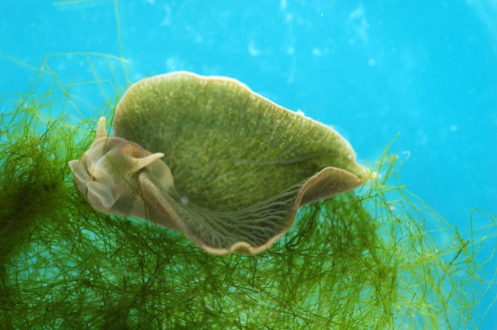
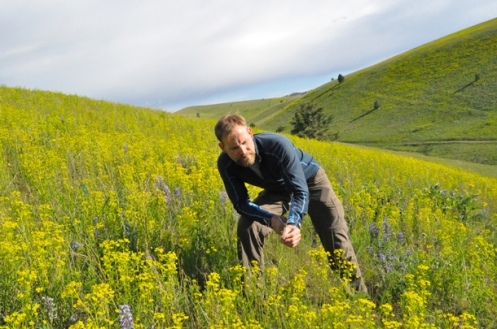
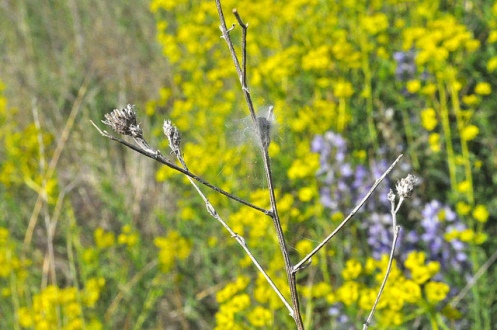
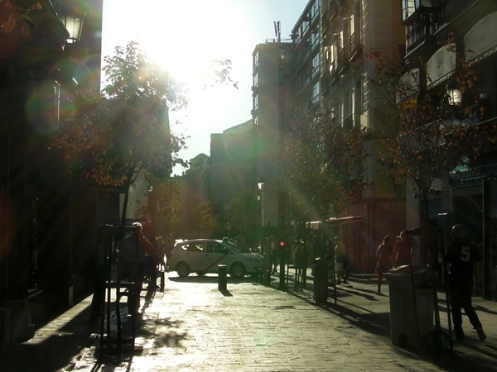
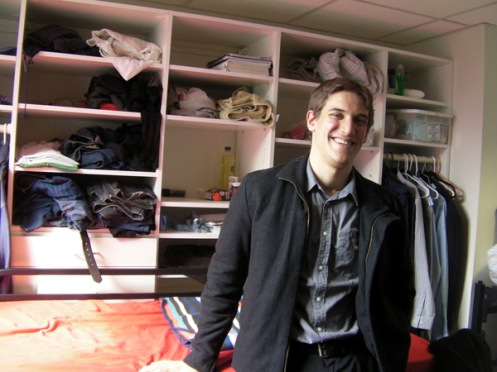
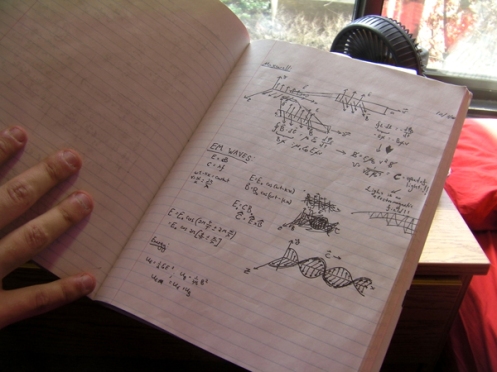
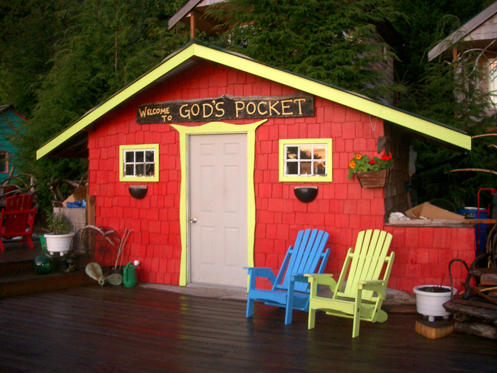
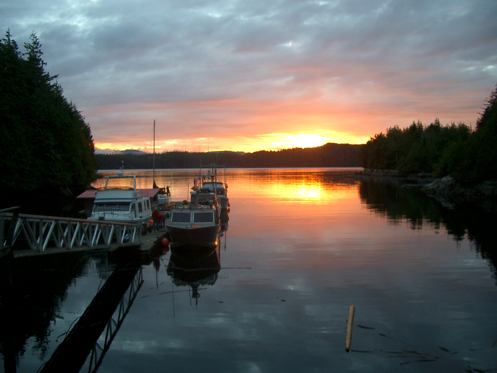
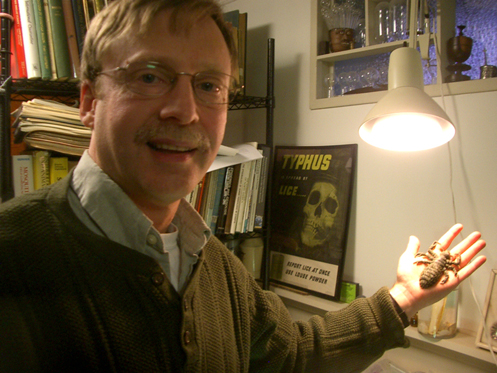
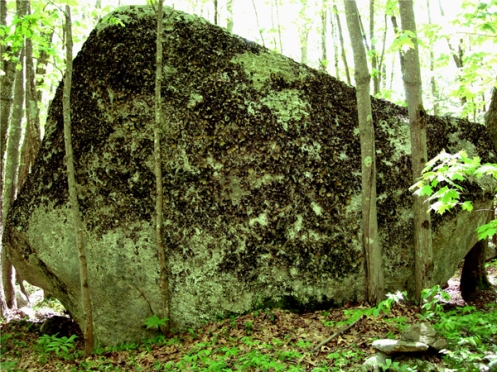
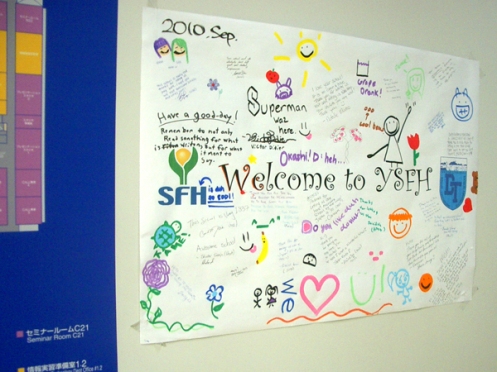

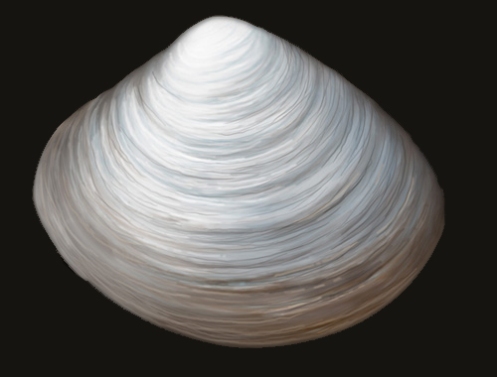
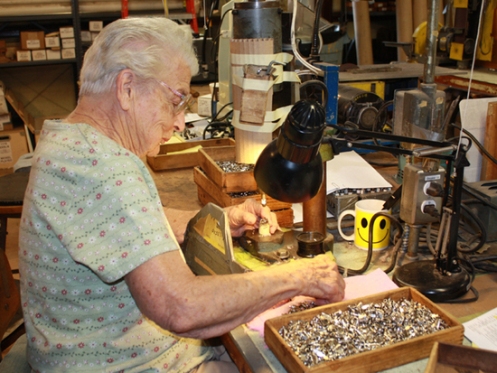
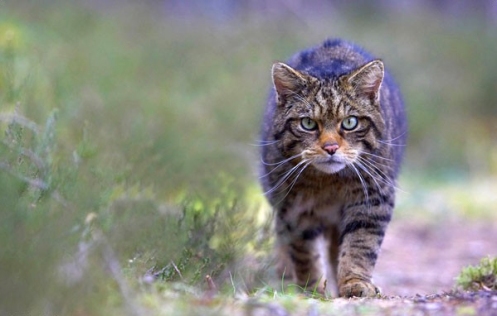
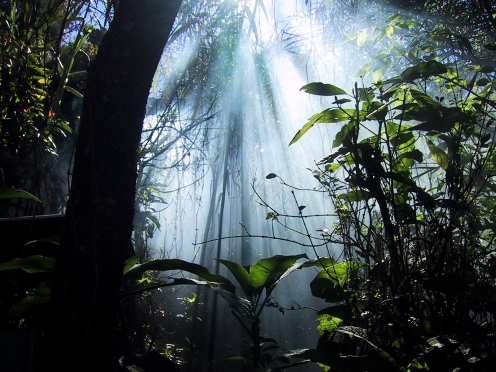
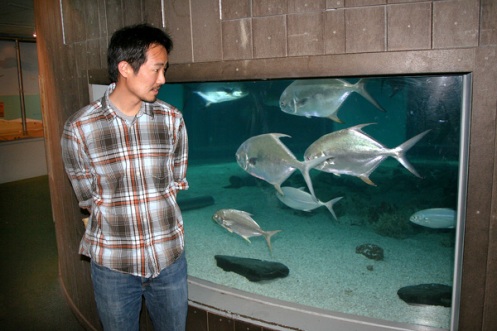
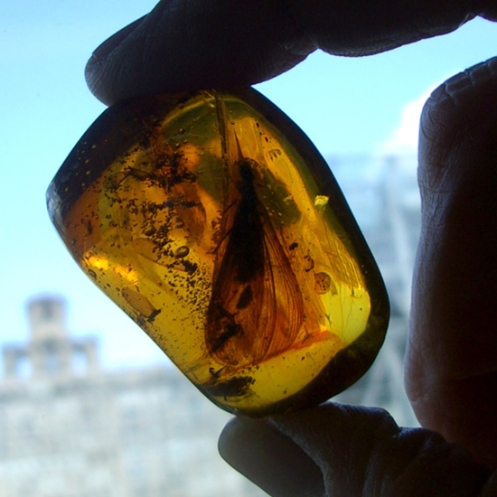


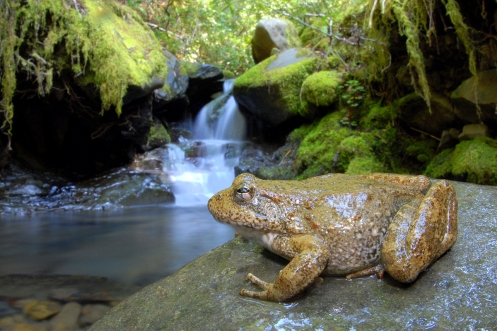
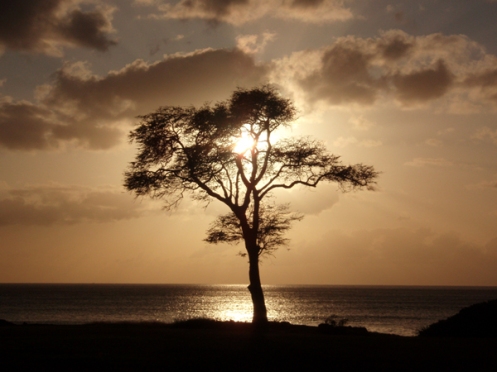
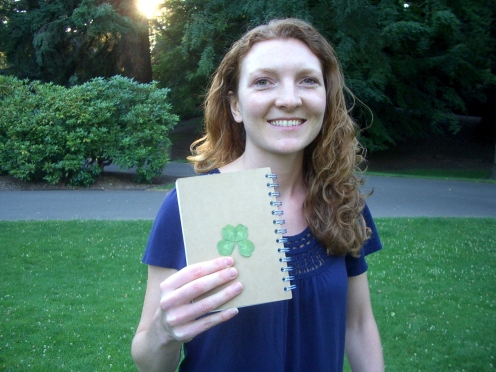
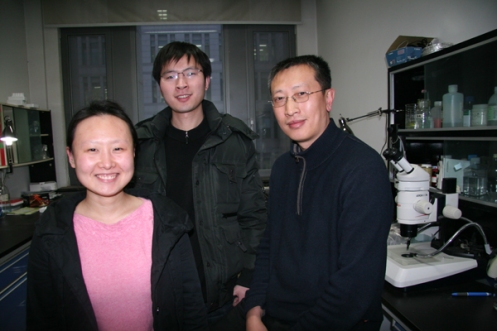
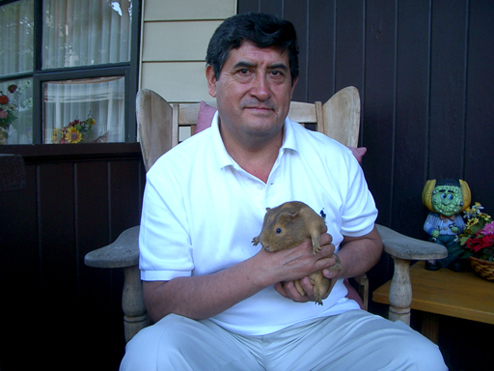
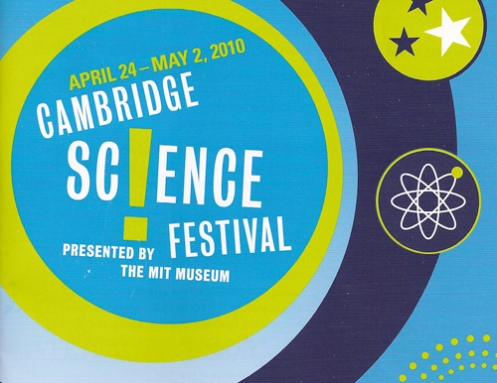
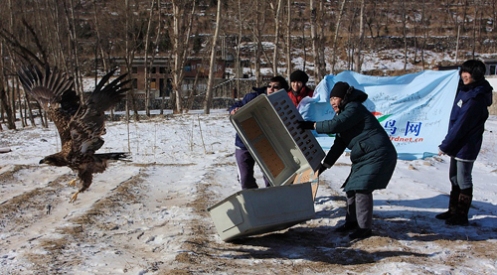
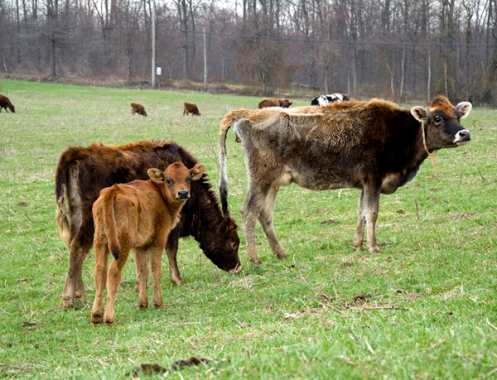
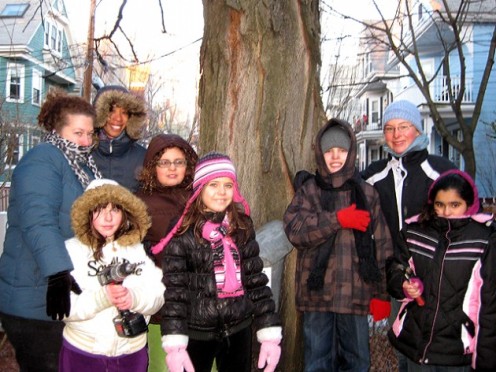
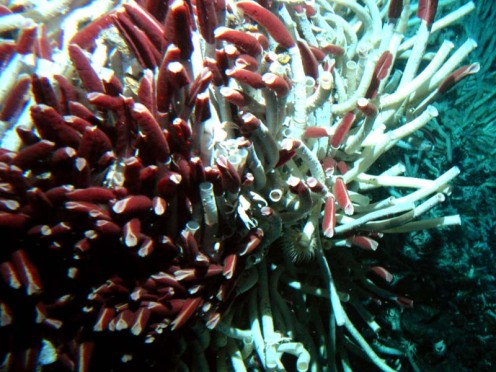

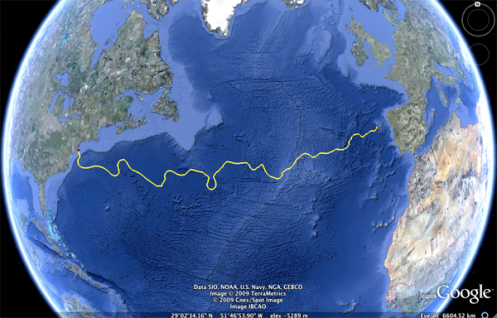
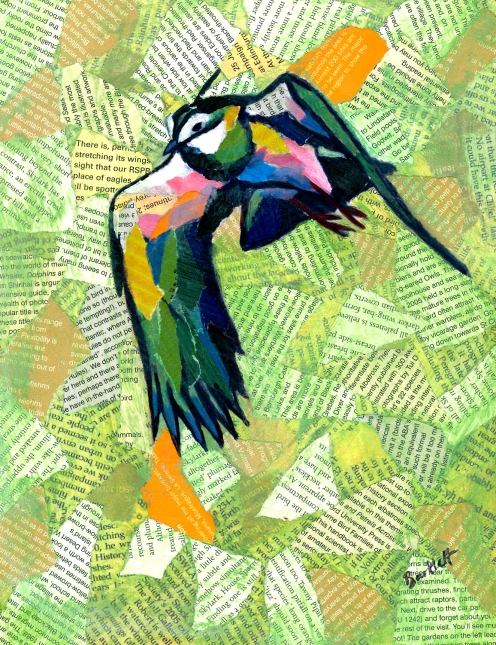
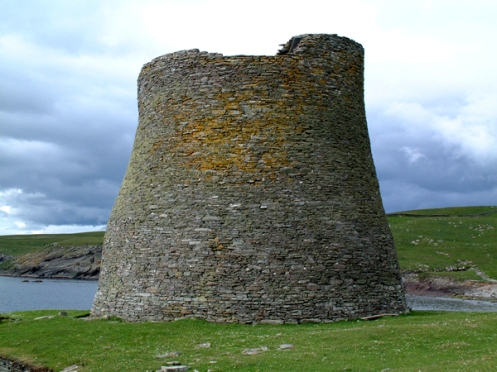

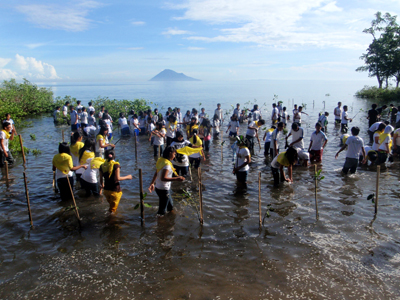
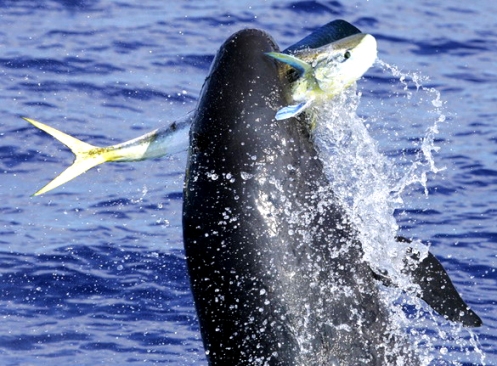
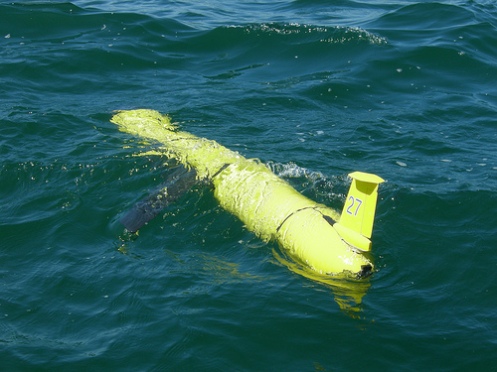
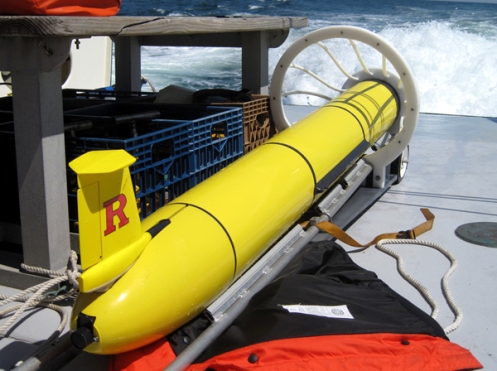
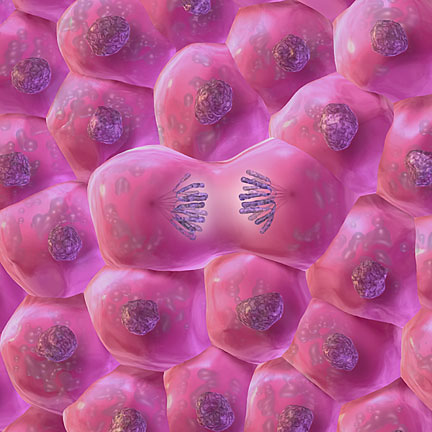
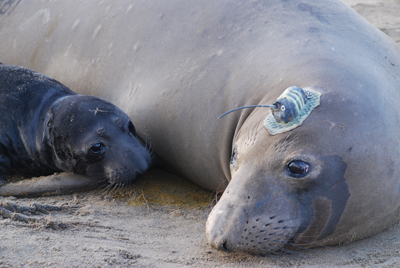
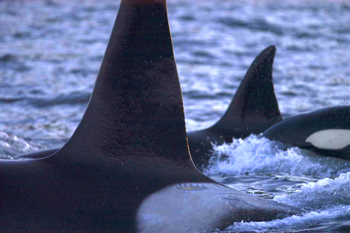
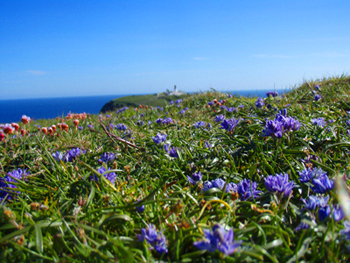



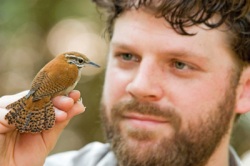
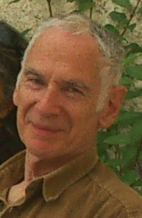
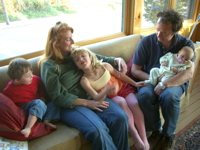




I never knew you were on NPR. I will have to start listening. Congratulations, you sound great. I hope all is well with you and your family.
LikeLike
Andria Sagri said this on January 24, 2009 at 2:37 am
hi this is a great website that you’ve, thank you 4 sharing it with us.
LikeLike
Bok Fleeman said this on March 16, 2016 at 10:10 am